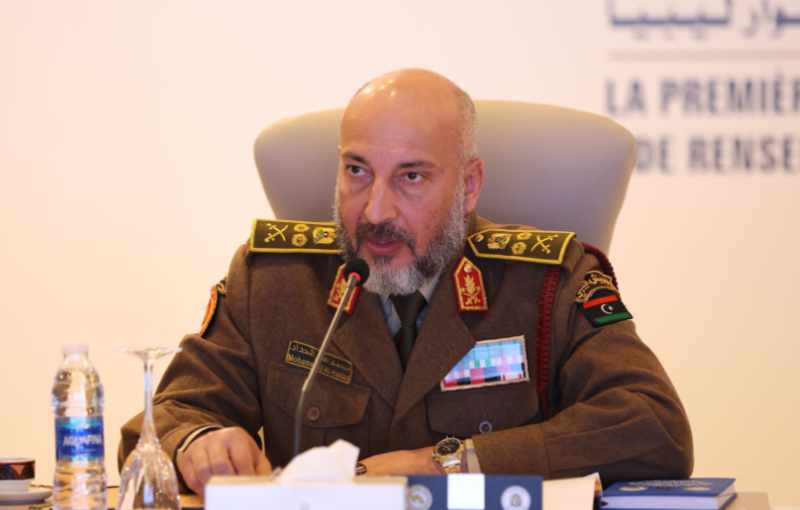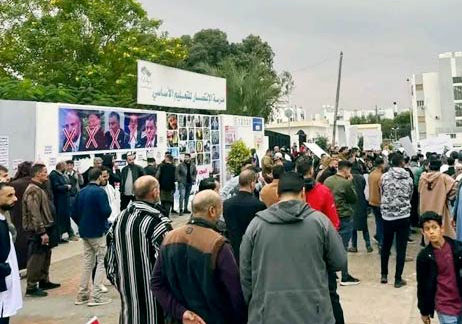Final attempt to reach agreement on Libya’s new constitution
Published on 2022 June 13, Monday Back to articles
UN Special Advisor Stephanie Turco Williams
A third and final round of UN-brokered talks between the eastern-dominated House of Representatives (House) and the Tripoli-based High Council of State (HCS) began in Cairo on Sunday 12 June. In mid-May the delegations completed a week of talks after which the UN Special Advisor Stephanie Turco Williams announced that they had reached agreement on 137 Articles of the new Constitution, including — with the exception of a handful of articles — Chapter 2 on rights and freedoms, and the chapters on legislative and judicial authority (Libya Politics & Security – 23.05.22).
The fact that the two sides have come together again is a positive step because this was initially uncertain. Williams’ unexpectedly optimistic announcement was an equally welcome surprise given the ongoing challenges facing such an agreement. The two sides now have until 19 June to reach a consensus. (Her opening speech in the latest talks is here).
Despite this apparent progress, however, the latest round of talks is not expected to yield any significant results. The outstanding Articles being discussed cover the most contentious aspects, including: how elections will be sequenced; the eligibility criteria for candidates; the composition of the parliament and the Senate and where they will be seated; and broader decentralisation issues. Complete consensus would therefore be very surprising given how polarised the positions of the two sides have become. Earlier this month the HCS’ head, Khaled al-Mishri, rejected Fathi Bashagha’s announcement that his parallel Government of National Stability (GNS) would rule the country from Sirte, because it is neither safe nor neutral. In particular he cited the presence of Russian and Syrian mercenaries from the Kremlin-affiliated Wagner Group, which has recently come under increasing international scrutiny from both Western governments and human rights groups because of: Russia’s invasion of Ukraine; and Wagner’s involvement in massacres in the Sahel and elsewhere in Africa.
The two sides also clearly have contrasting visions of what the Cairo talks are meant to achieve which is why it was an accomplishment that they met at all. Earlier this month the influential House speaker, Aguila Saleh — who is one of the GNS’ main architects and backers — announced in Sirte that the House was working on drafting a new constitution (Libya Politics & Security – 06.06.22). This is in line with the House’s Amendment No. 12 to the constitutional declaration which was passed in February but is opposed by the HCS. Meanwhile al-Mishri has said that there is agreement on 95% of the existing 2017 Draft Constitution and that a constitutional basis for elections should therefore be established within its parameters. It will therefore be difficult to reconcile these two positions.
Moreover, Williams has only been serving in an acting capacity because the UN Security Council has been unable to agree on a permanent envoy or even to renew the UN Support Mission in Libya’s (UNSMIL) mandate for more than three months. Her tenure is theoretically meant to end in late June as specified by the Libyan Political Dialogue Forum (LPDF) agreement which she oversaw. Beyond that date, and particularly after 31 July when the Security Council must again vote to extend its mandate, the UNSMIL’s future hangs in the balance.



